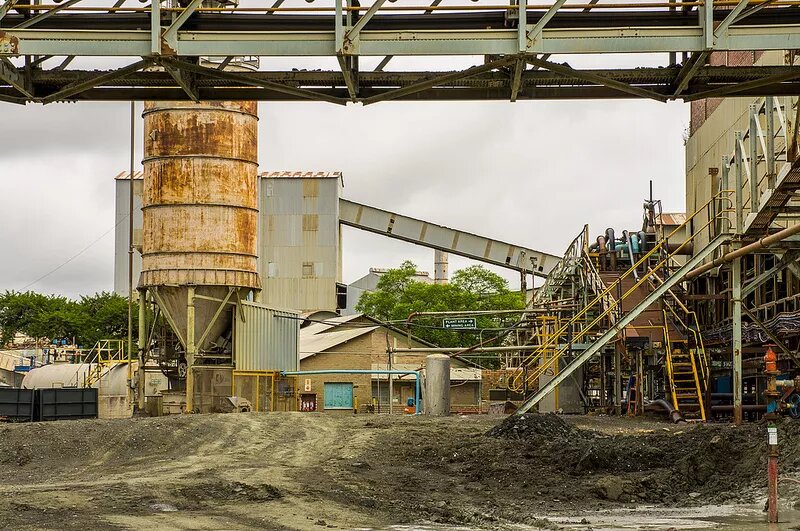
Several paragraphs of the EP resolution of 18 May 2010 on the “EU Policy Coherence for Development and the Official Development Assistance plus” concept (2009/2218 (INI)[1]) (later called EP PCD ODA resolution) are undermined by the raw material initiative (RMI)[2]. These paragraphs are: 8, 9, 23, 26, 34, 36, 41, 43, 45, and 70.
Paragraph 8 of the EP PCD resolution states that the parliament “considers that all EU policy areas with an external impact must be designed to support and not contradict the fight against poverty and the achievement of the Millennium Development Goals, as well as the fulfilment of human rights, including gender equality and social, economic and environmental rights;”
While promoting mining and not foreseing any human rights and environmental standards, the RMI is contradicting paragraph 8 of the EP PCD.
All around the world, mining has led to resettlements of the local population[3], drinking water contamination by cyanide spillages[4], large reduction of farmland, inadequate compensation paid by mining companies, and waste dumps near resettled villages result in health problems and the loss of traditional jobs such as agriculture and pastoral activities at the place of extraction[5]. Moreover, mining companies mainly employ people from other regions and abroad[6]. This is clearly not supporting poverty reduction and human rights as paragraph 8 requires.
Considering these well-known negative impacts of the extractive industry, the RMI should foresee measures to mitigate them and of binding human rights and environmental standards to avoid them, but it doesn’t.
[1] European Parliament (2010): Resolution on the “EU Policy Coherence for Development and the Official Development Assistance plus” concept (2009/2218 (INI).
[2] European Commission (2011):COM (2011)25 final. Tackling the challenges in commodity markets and on raw materials.Brussels.
[3] CCNM Global Forum on International Investment (2002) The role of foreign direct investments (FDI) in the mining sector of Ghana and the environment. Paris. OECD. p.8.
[5] CCNM Global Forum on International Investment ( 2002) The role of foreign direct investments (FDI) in the mining sector of Ghana and the environment. Paris. OECD.p.5-7; Akabzaa, T. M. (2000): Boom and Dislocation. The environmental and social impacts of mining in the Wassa West District of Ghana. Accra: Third World Network-Africa.; OECD Global Forum on International Investment (2002): The Relevance of the OECD Guidelines for Multinational Enterprises to the Mining Sector and the Promotion of Sustainable Development. Paris. OECD. p.6.
[6] CHRAJ-Commission on Human Rights & Administrative Justice, Ghana (2008): The State of Human Rights in Mining Communities in Ghana. Accra.; OECD Global Forum on International Investment (2002): The Relevance of the OECD Guidelines for Multinational Enterprises to the Mining Sector and the Promotion of Sustainable Development. Paris. OECD. p.6.; http://www.oecd.org/dataoecd/45/4/1819638.pdf ; OECD (2009): OECD pilot project in the mining sector: promoting responsible investment through enhanced due diligence. Paris. OECD